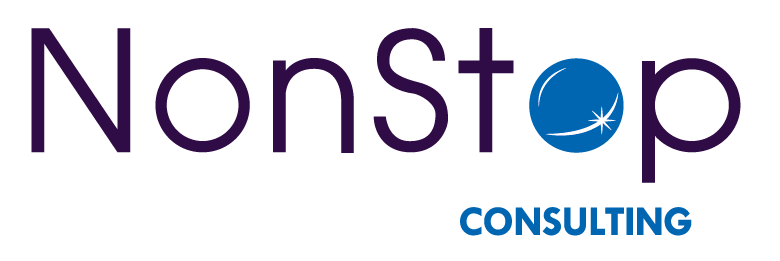One of our German recruitment managers, Evgeniya (Jane) Starostina, who specifically recruits professionals in the life sciences quality sector, discusses how the industry continues to struggle with a talent shortage, but offers tips for companies wanting to be completive in accessing the professionals they need.
What are the main challenges affecting hiring in the market and why?
The quality assurance sector in Germany, as well as many other sectors, is particularly short of experienced candidates, especially in manufacturing and clinical facilities. First of all, due to the covid pandemic, a lot of companies (mainly focused on vaccine production) expanded their capacities. They, therefore, had a high demand for different quality employees: from QC technicians and QA-shopfloor specialists to higher positions such as QA leaders and QPs. Second of all, a lot of employees nowadays prefer to have a hybrid or fully remote role, which is more possible to request when you have been in the company for a long time, rather than in a new role or company. Not only has this combination resulted in a shortage of candidates, but in severe competition for them.
How can we overcome those challenges?
My main piece of advice to all my clients is to make the recruitment process as smooth as possible. Start with providing feedback faster because great candidates don’t stay on the market long and if they have to wait for two to three weeks to get a response, and then another week or two to have the interview scheduled, there is a 99% chance they will be already be getting through another interview process. The second thing is not to overcomplicate the process. If you need the candidate to have a face-to-face interview with multiple colleagues, make it a cross-panel interview rather than inviting the person on-site several times. It saves everyone’s time. Thirdly, though no less important, manage their expectations. If your candidate asks for at least two days of home office and you can only provide one, be transparent on this from the beginning. This will show your empathy as a potential employer and also will help to avoid the offers being rejected.
As consultants, we are here to provide consultative advice to both our candidates and clients, making them aware of current trends and changes in the market, including information about salary benchmarks and additional benefits that can be provided. This helps a lot in pre-assessing the questions from both sides and making the process a lot smoother.
Most common FAQ from clients
Because of the raised competition, the most commonly asked questions are related to the number of other processes the candidate might have as well as the chances of getting and accepting the counteroffer. Basically, clients are worried they might lose out on the talent they are interviewing and want some guidance to see if there is anything they can do within their process to secure great candidates before their competition.
As a lot of companies understand how dry the current market is, it is becoming more common for them to counter-offer an employee who has decided to leave, in the hope they stay. We would usually advise a candidate against taking a counteroffer. The reasons for this are quite simple: if your employer only gave you what you wanted only when you highlighted your intention to leave, how would that make you feel? You want to get a salary raise, promotion, additional benefits, or anything else you desire because your employer knows that you worked hard and deserved it, not because you found something else. On the other hand, if you make your intention to leave quite clear to your employer when the situation becomes better with the talent pool, it could be the case that you would be the first person to be let go.
Most common FAQ from candidates
For the same reasons as above, candidates are mostly asking about the remuneration and benefits they can get from switching their job. They want the change to make sense and therefore ask for advice on what is possible to get and what is not.
On the other hand, a company’s reputation and environment are becoming more crucial for that decision too. Quality professionals are very sensitive when it comes to this topic, as they naturally care that the whole aspect of quality is valued. Because of this, we try to collect as much information as possible from line managers and the team about how it feels to work in our client companies and what makes it enjoyable, to then share that with the applicants and provide them with a better picture.
Any predictions for hiring in this market in the coming two to five years?
With the whole energy/gas crisis and the war in Ukraine, it is very hard to predict how the market is going to react. Big manufacturers are already moving their facilities to countries, where costs will be lower, which results in a lot of people losing their jobs because they are very settled in Germany and are not willing to move. This might bring a short-term balance to the candidate shortage, but certainly not for long. People might be more resistant to change jobs too, simply because of uncertainty, which will again increase the imbalance.
In the long term perspective, I believe the most demanded professionals such as QP or CSV experts will not be interested in permanent employment and only work as freelancers.





